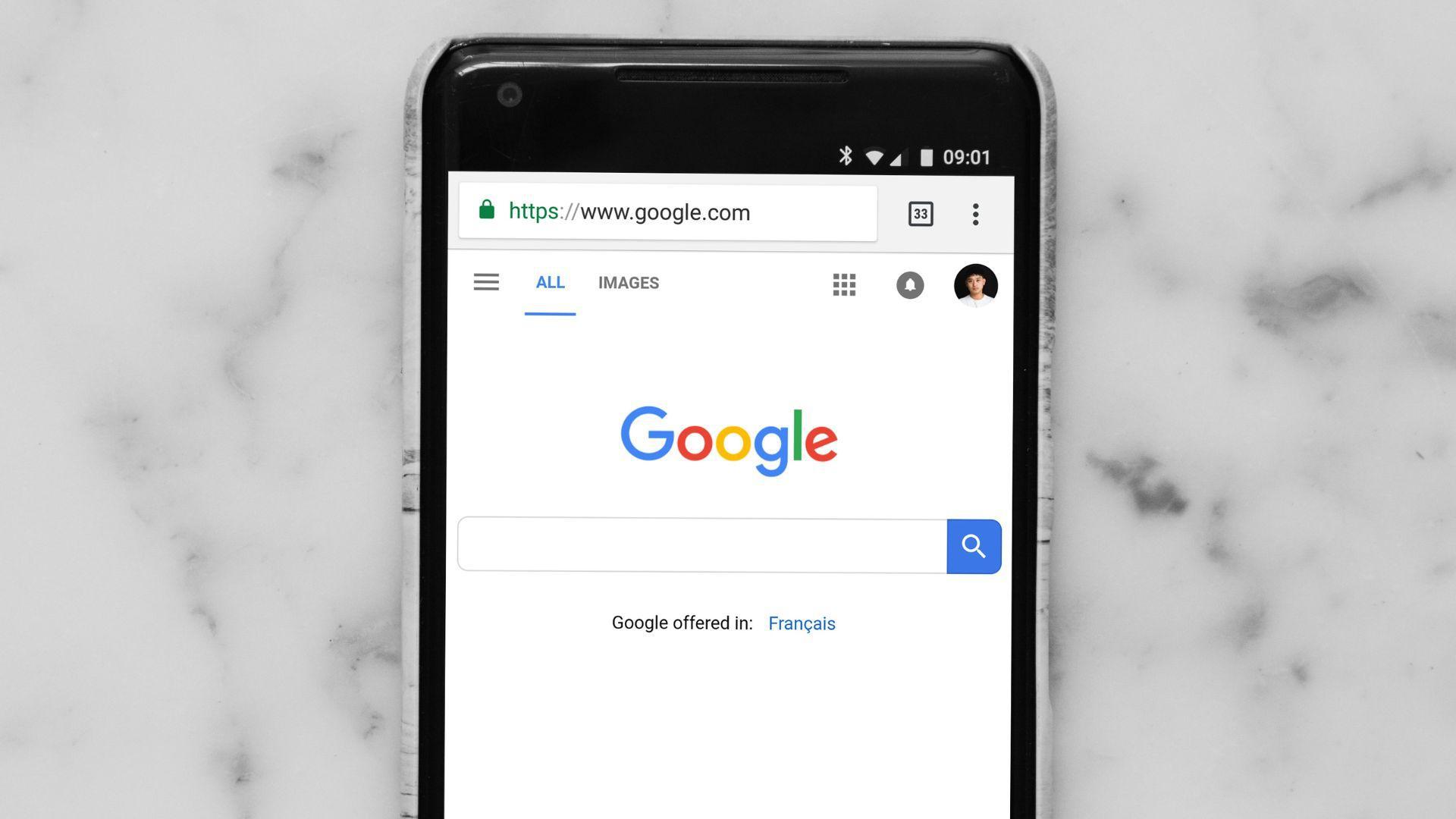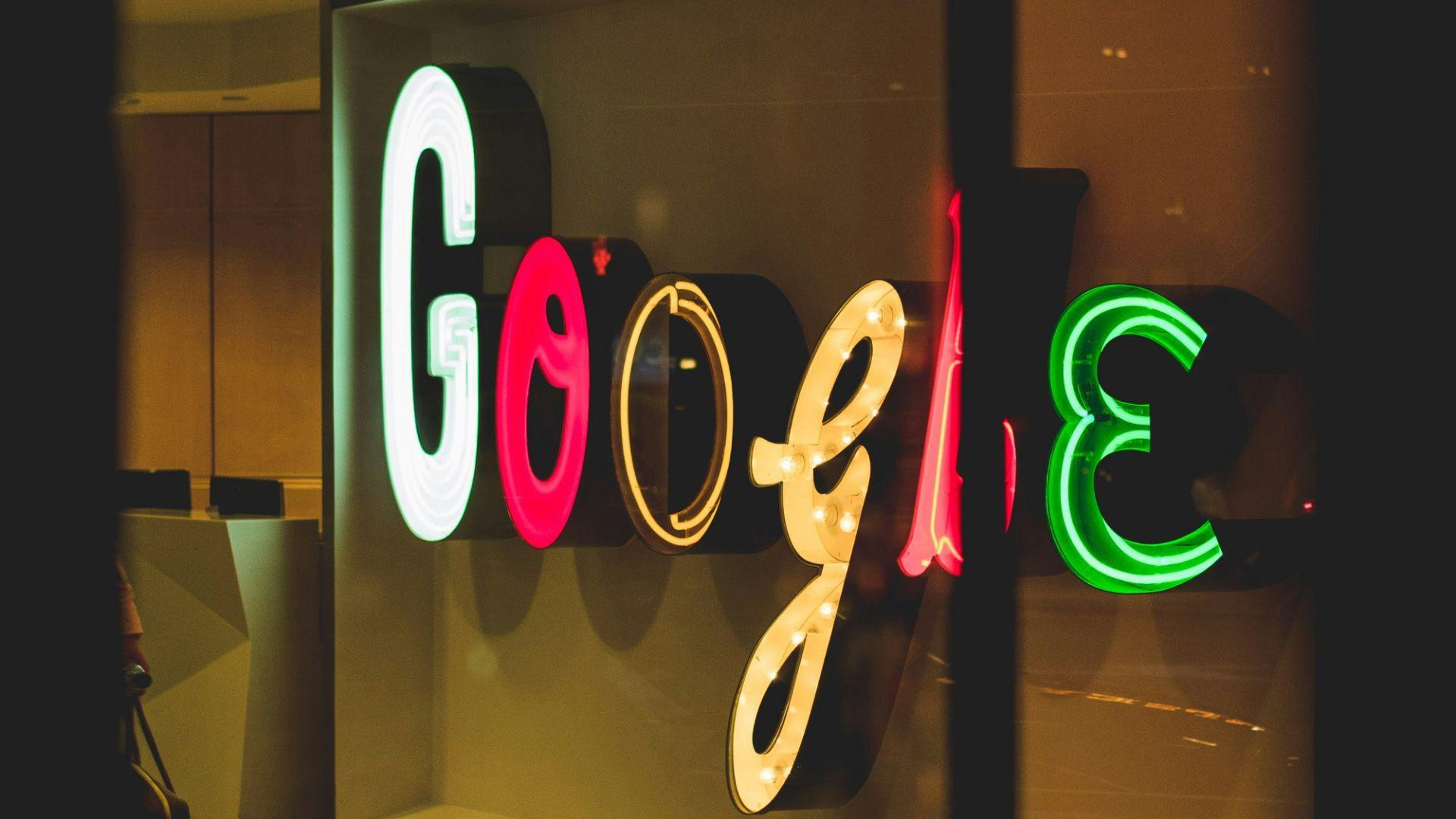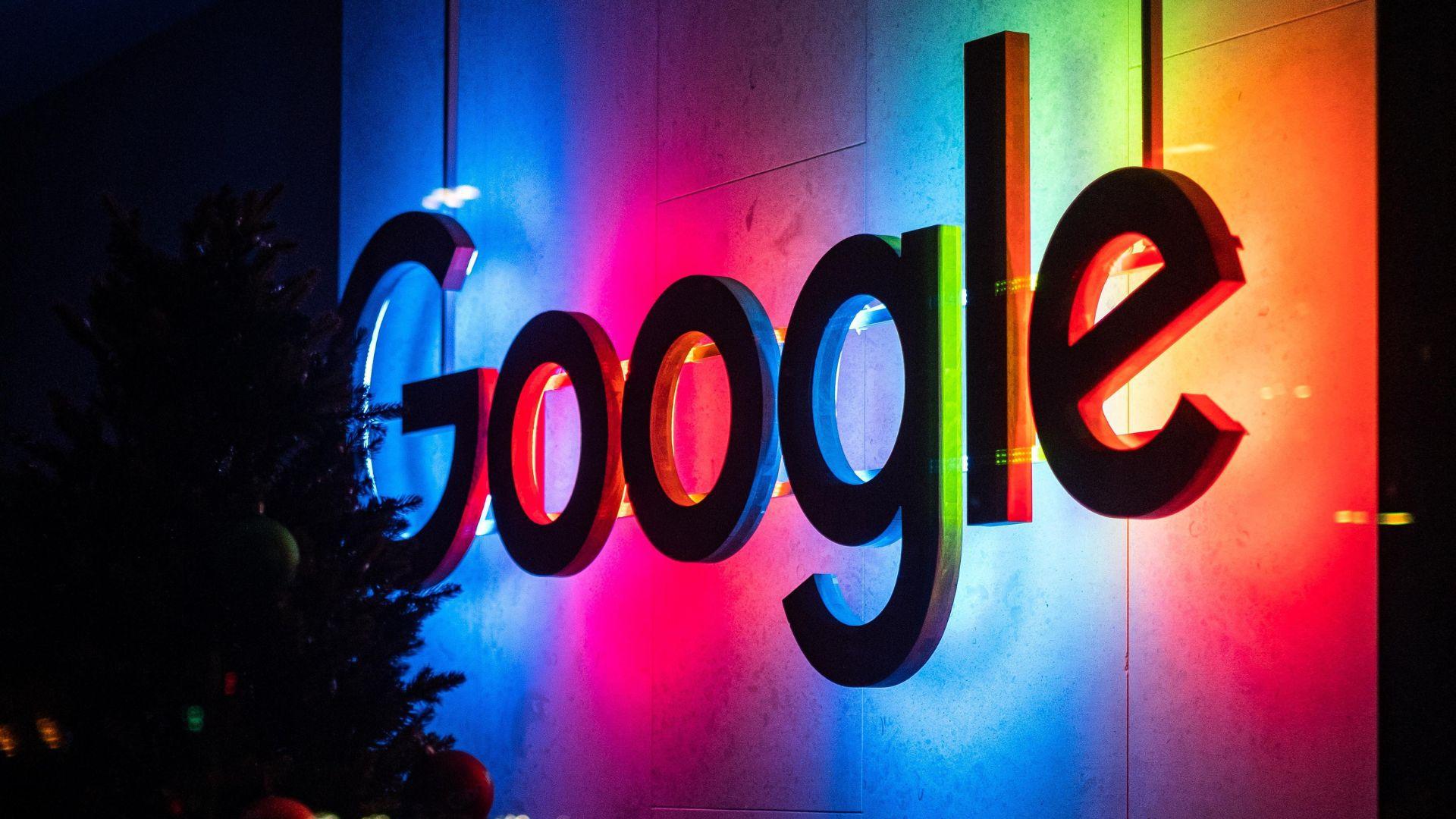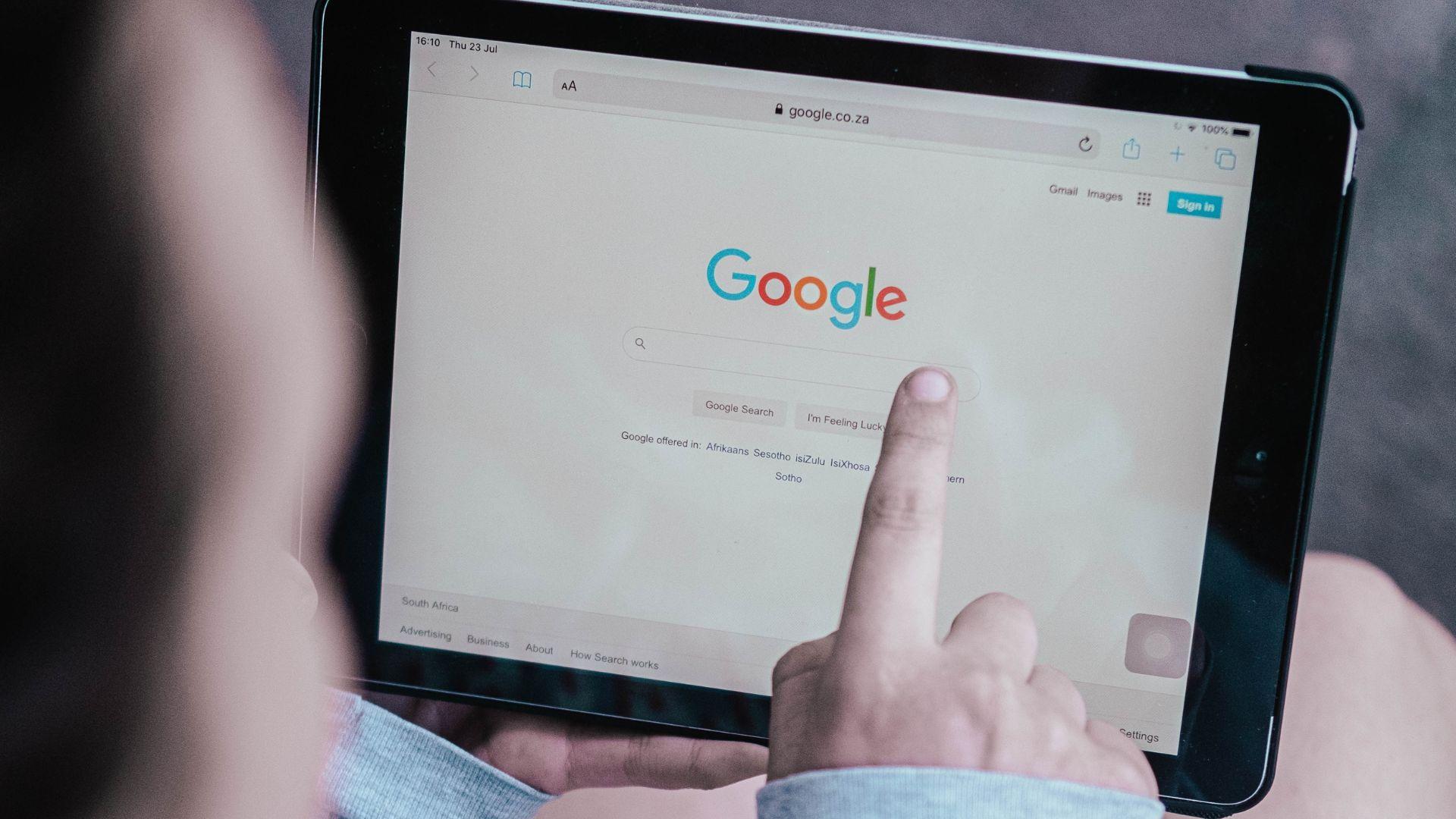Google has agreed to settle a lawsuit that claimed at least $5 billion in damages. This legal action was initiated due to allegations that Google tracked user data even when individuals believed they were browsing privately through its Chrome browser’s incognito mode.
The plaintiffs argued that this mode gave a misleading impression of privacy, leading users to think their online activities were not being monitored by Google.
The Misleading Nature of Incognito Mode

The lawsuit centered around the functionality of Google’s Chrome browser, particularly its incognito mode. Plaintiffs argued that this feature provided a false sense of security, as users were under the impression that their browsing activities remained untracked.
However, internal emails from Google, revealed during the lawsuit, showed that even in incognito mode, users’ data was still being followed for web traffic measurement and ad sales.
Google’s Agreement to Settle

Google’s legal representatives reached a preliminary agreement to settle the class-action lawsuit, which was originally filed in 2020.
This lawsuit alleged that the tracking practices of Google had impacted millions of individuals. The nature of these practices implied that users, who expected privacy, were instead subject to data tracking.
Potential Compensation for Affected Users

Lawyers representing the plaintiffs demanded compensation, suggesting at least $5,000 for each user tracked by Google’s Analytics or Ad Manager services in incognito mode.
This amount would have totaled at least $5 billion. Although the exact settlement figure is undisclosed, it is understood that it will likely be less than the initially claimed amount.
Google and Plaintiff Lawyers’ Response

In the wake of these developments, both Google and the lawyers representing the consumers have not issued any public comments.
This lack of response came after the court filing that confirmed the preliminary agreement for the settlement of the lawsuit.
Shift to Jury Trial

Initially, Google sought a decision by a judge regarding the case, but this request was denied.
Consequently, a jury trial was set for the following year.
Allegations of Deceptive Practices

The lawsuit accused Google of deceptive practices, claiming the tech company intentionally misled users with the incognito browsing option.
This claim was based on the assertion that Google’s practices violated user privacy by giving a false impression of anonymity and security.
Google’s Data Collection Critiqued

A stark allegation from the lawsuit stated, “Google has made itself an unaccountable trove of information so detailed and expansive that George Orwell could never have dreamed it” (via Government Technology).
This quote, taken directly from the legal complaint, highlights the extent and depth of information collection practices alleged against Google.
Timeline for Formal Settlement

A formal settlement is anticipated to be presented for court approval by Feb. 24, 2024.
This date is significant as it will potentially mark the conclusion of a long-running legal dispute, setting a precedent in the realm of digital privacy and user data collection.
Class Actions: A Tool for Privacy Advocacy

Class action lawsuits have emerged as a primary method for challenging large technology companies on issues of data privacy.
In the absence of a comprehensive law in the United States regarding personal data handling, these lawsuits represent a key avenue for addressing privacy concerns.
Google’s Previous Legal Settlements

Google has previously settled similar cases, including a $23 million settlement in August over providing third parties access to user search data.
This prior case demonstrates a pattern of legal challenges Google has faced concerning its handling of user data and privacy.
Meta’s Settlement in Comparable Case

In a related development, Meta, the parent company of Facebook, agreed to pay $725 million in 2022 to settle a lawsuit over its handling of user data.
This case, similar to Google’s, illustrates the ongoing challenges and legal implications faced by major tech companies in the realm of data privacy and user rights.
